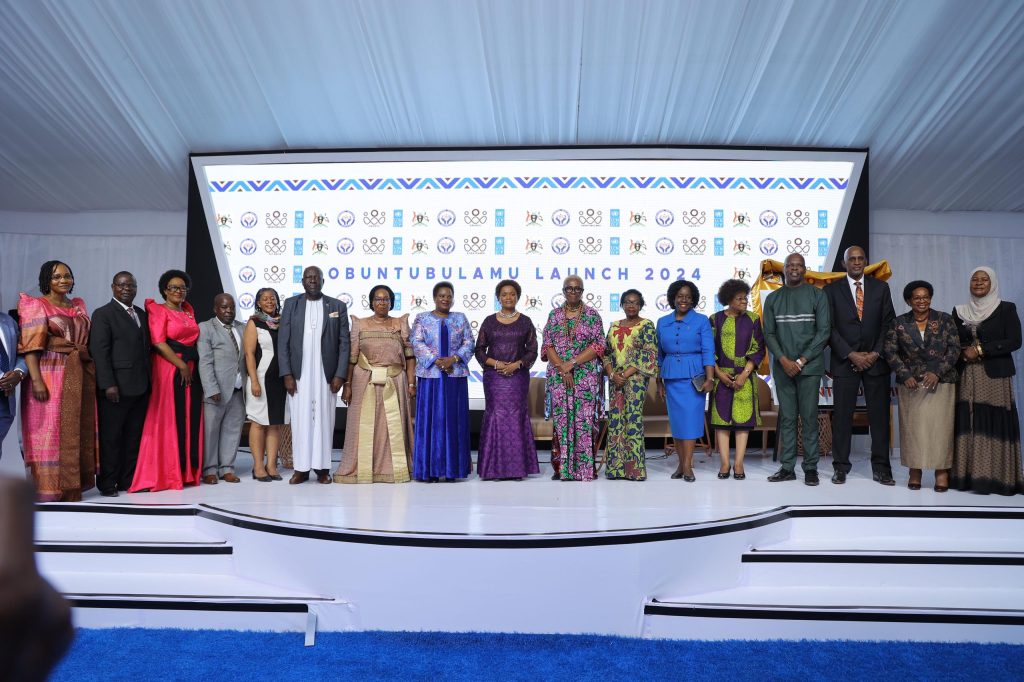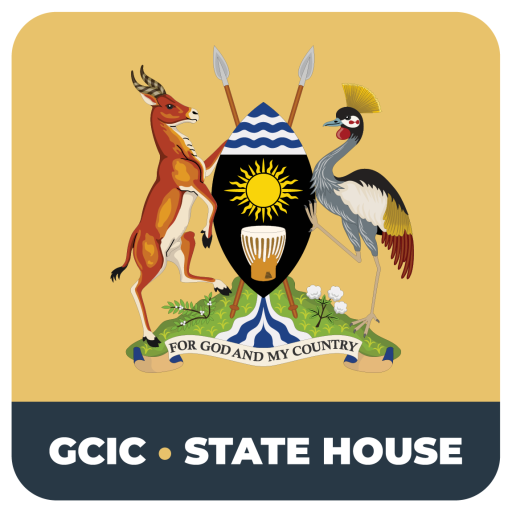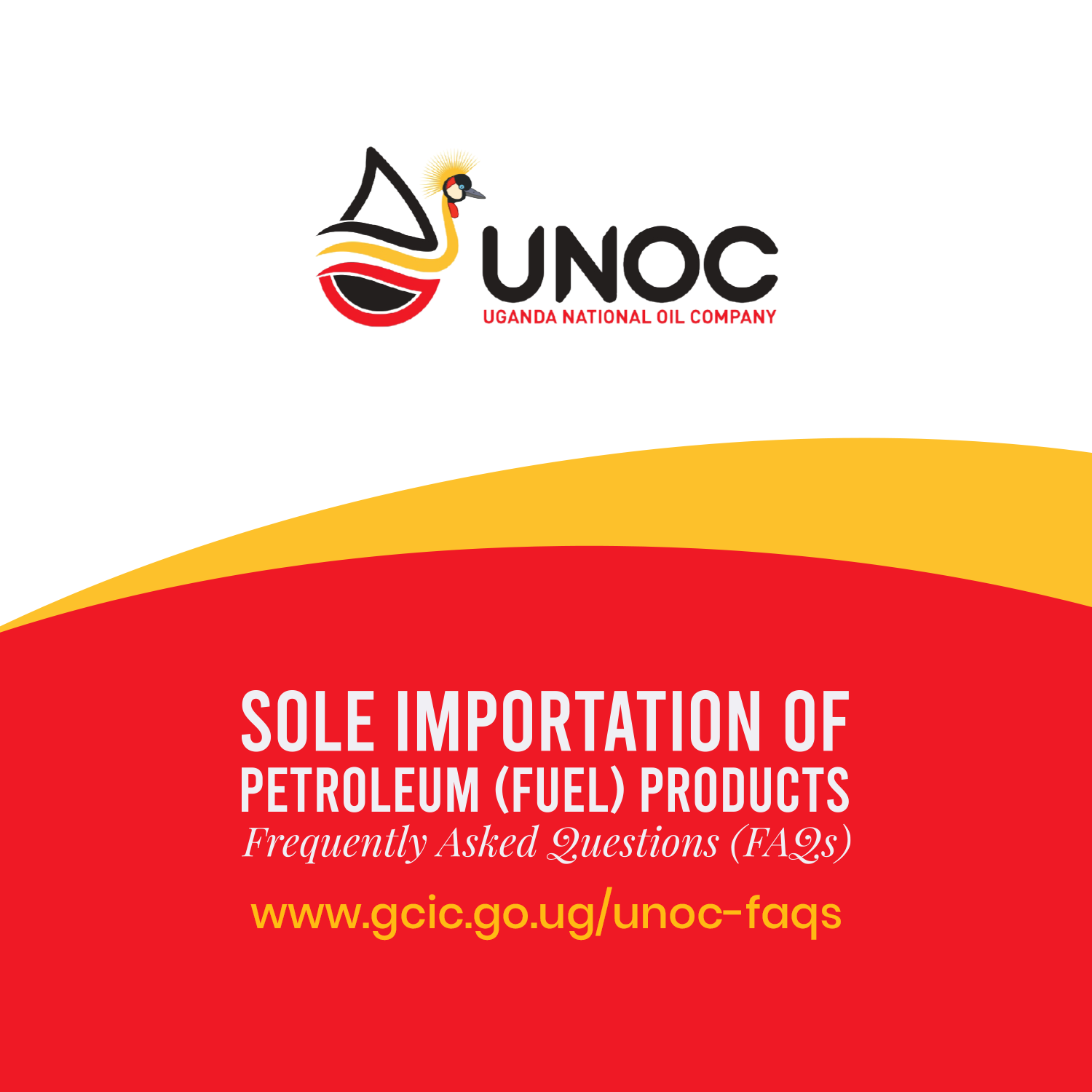The Obuntubulamu Programme, spearheaded by the Nabagareka Development Foundation, was launched on September 20, 2024, at the Sheraton Kampala Hotel by Uganda’s Vice President, represented by Hon. Amongi Betty Ongom, Minister of Gender, Labour, and Social Development. The program aims to address pressing issues such as gender-based violence and teenage pregnancy and promote cultural values for sustainable development.
The Vice President emphasised the crucial role of cultural institutions in fostering social cohesion, economic growth, and promoting values such as community, compassion, and justice.
“Reviving our cultural values is crucial for Uganda’s prosperity and unity,” she said, praising the Nabagareka Development Foundation for leading this vital effort.
“Cultural institutions are the backbone of our society, fostering unity, economic growth, and social values like community, compassion, and justice. By reviving our cultural values, we empower individuals and communities to thrive collectively, achieving our national aspirations.”
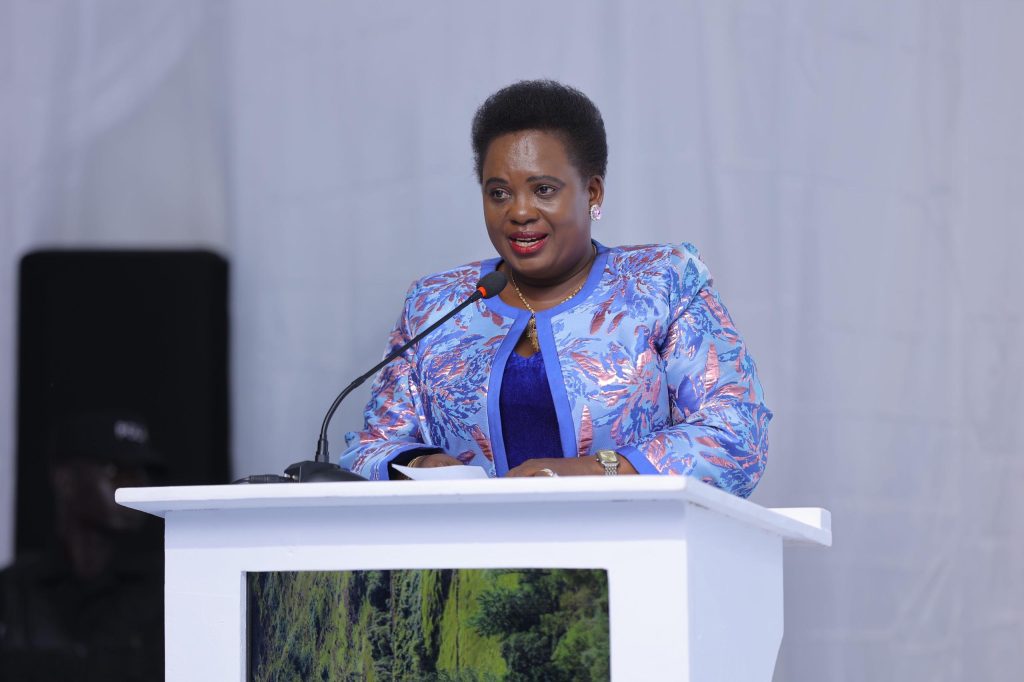
The Vice President stressed the importance of embracing modernity while preserving valuable traditional values, inviting all Ugandans to join this national journey.
“We should not adopt modernity for its own sake. Rather, we do so because we feel these values will make our lives better. In the same way, we should not abandon our traditional values simply because we live in a modern, different age. We should only drop what is harmful and no longer helpful. We are sharing a national journey that will see us embrace values and ethics as a way of life. I take this opportunity to invite all Ugandans to be part of this journey.”
The launch event featured esteemed speakers, including Her Royal Highness Sylvia Nagginda, representatives of cultural institutions, government officials, the United Nations Development Programme (UNDP) Resident Representative, and cultural leaders.
HRH Nnaabagereka (Queen of Buganda), Sylvia Nagginda, welcomed guests to the Nabagereka Development Foundation for the Obuntubulamu program launch, emphasising the importance of leveraging culture to address development challenges.
“We strongly believe in leveraging culture to address development challenges,” she emphasised.
The Queen noted that the Obuntubulamu initiative combines traditional values with contemporary systems to promote moral, just, and dignified societies.
“The revival of Obuntubulamu is a pathway to fostering a culture that promotes ethics, integrity, peace, and sustainable development.”.
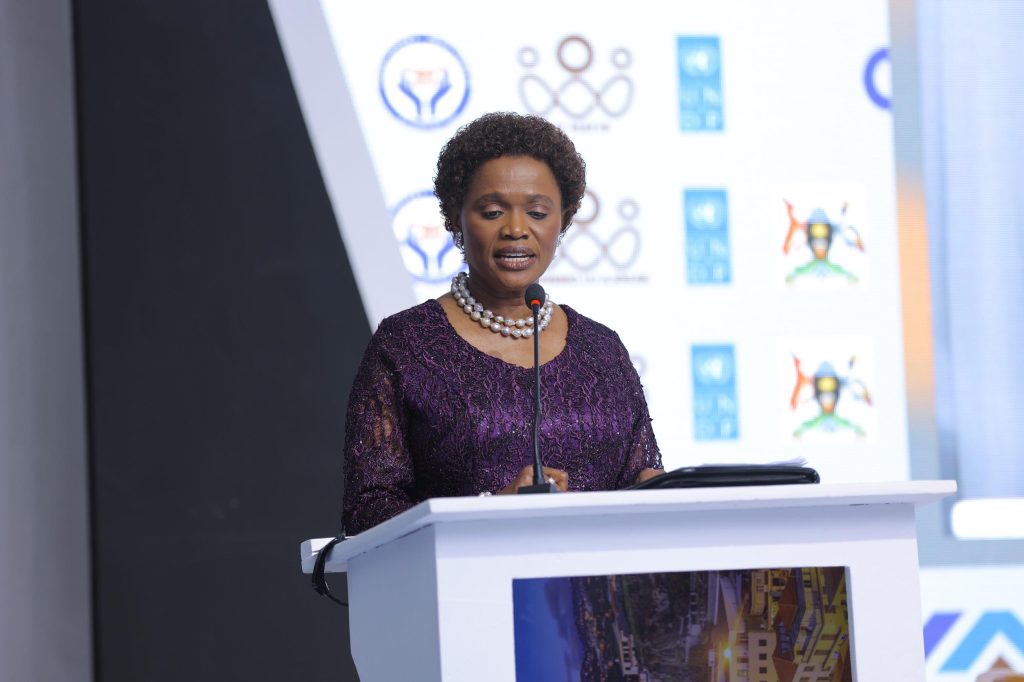
She added that the young people and communities look up to cultural and religious institutions for belonging and values. Obuntubulamu principles emphasise reconciliation, sharing, civility, responsibility, trust, reform, and rehabilitation.
The program aligns with the United Nations Sustainable Development Goals (SDGs) and Uganda’s NDP 3, focussing on governance, security, and community mobilisation.
UNDP’s Resident Representative for Uganda, Nwanne Vwede-Obahor, noted that the initiative aligns with SDG 16, emphasising the importance of promoting peaceful and inclusive societies.
“The SDG 16 is core to the achievement of all the SDGs,” Vwede-Obahor stressed, highlighting its importance in promoting peaceful and inclusive societies.
Obuntubulamu’s core values resonate with Agenda 2030’s five principles: people, planet, prosperity, peace, and partnerships. “Values and ethics are critical in fostering peace and development within societies,” Vwede-Obahor emphasised.
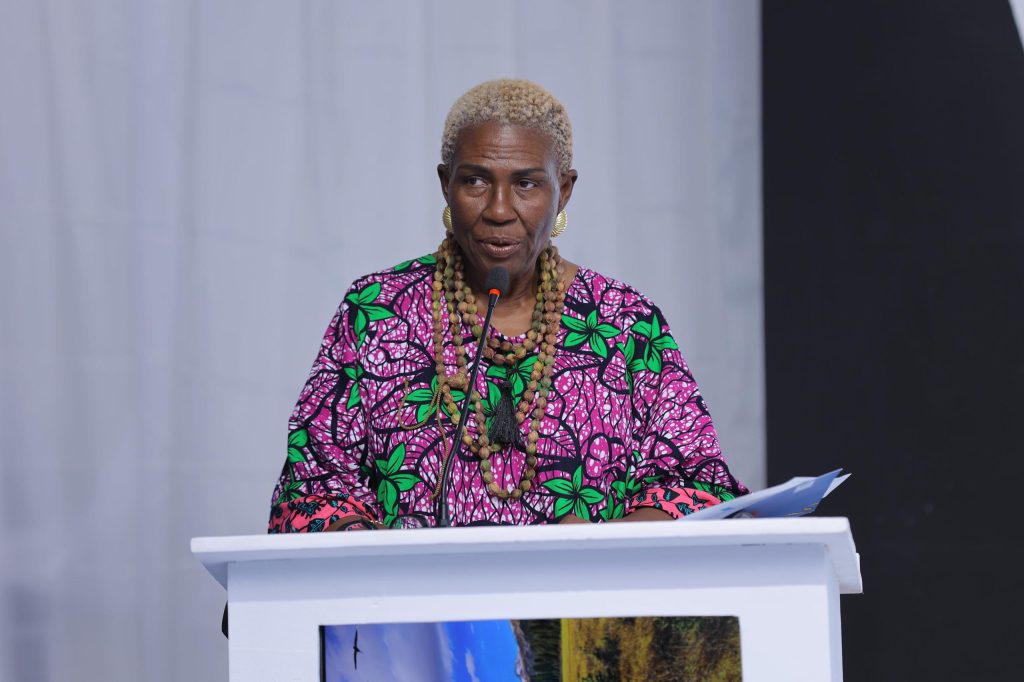
Vwede-Obahor concluded that UNDP commits to partnering with cultural institutions and stakeholders to promote Obuntubulamu globally, inspiring mindset change and local solutions for lasting peace and development. “Education, mentorship, and sensitisation will be central to enhancing these values,” Vwede-Obahor concluded.
The government recognises the significance of cultural leaders as custodians of culture and their vital contribution to the program, with key policies supporting this initiative, including the National Ethical Values Policy (2013) and the Uganda National Culture Policy (2006).
Key Action Matters:
-Ensure the initiative is integrated into government institutions and ministries through interministerial engagement.
– Work closely with the Office of the Vice President to foster the initiative and ensure its integration into the NDP 4 development plan.
